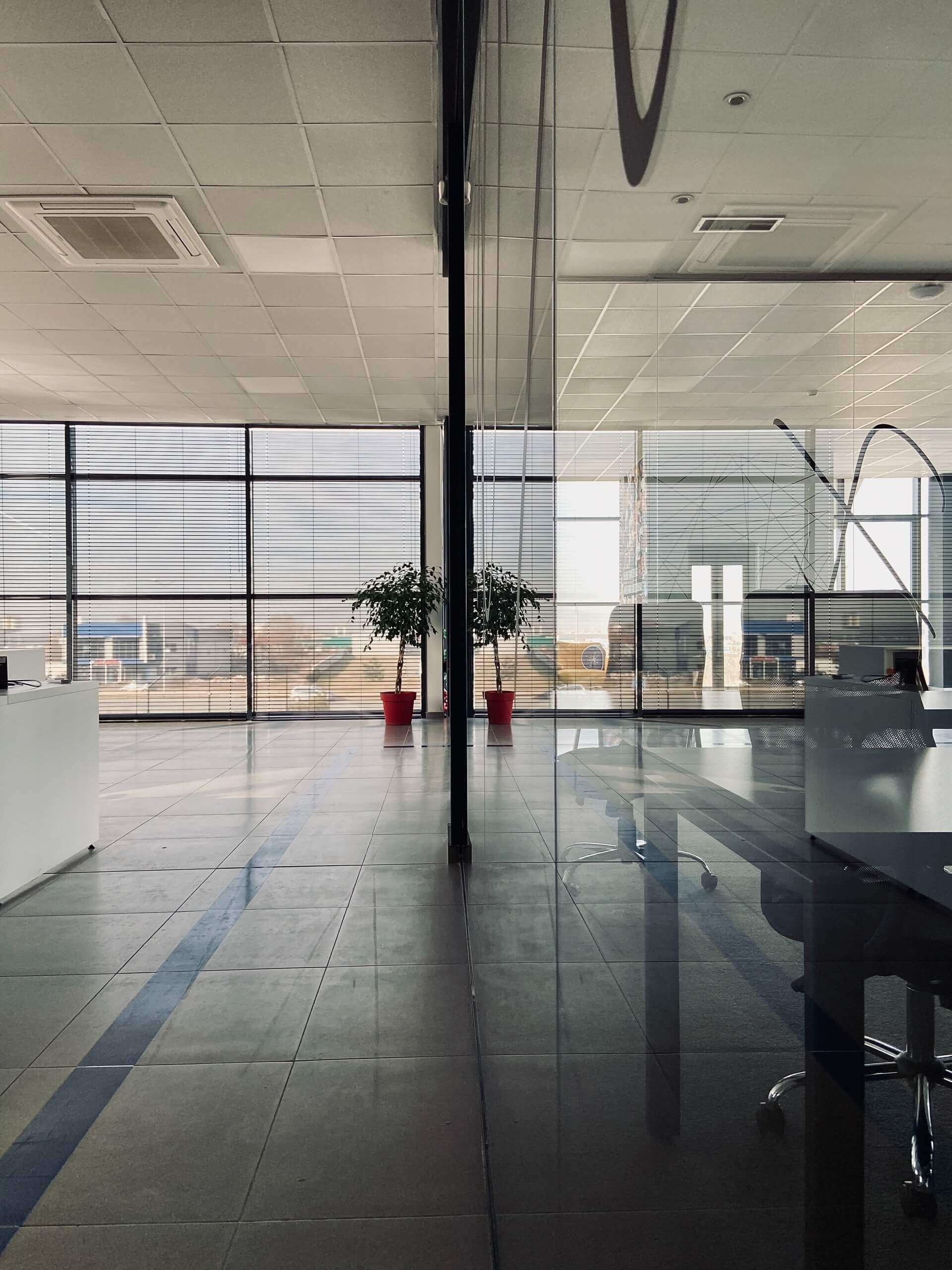
We know the modern job seeker isn't just looking for a job: they're on the hunt for values. Working for value-driven company also maximises a feeling of fulfilment in the workplace - a characteristic that's crucial for employee retention and productivity.
Having tangible, realistic steps in place to bridge the gap between words and action is a key component in the employee-employer relationship. And it doesn't always need to be ambitious targets, it can be the culmination of small changes too.
Putting the grand gestures aside, we've compiled together eight tangible tips on how to drive sustainable practices in the workplace and truly add value.
It's become common for employers to announce their latest sustainability report or commitments across a myriad of areas of the company, including sustainability. We'd argue that whilst this is a great step in transparency, it has to be in tandem with the second step: communicating your progress reports on each target and the steps you intend to take the following year. Even better if they're communicated not just externally but internally at, say, your monthly "All-hands" meeting.
Ecosia recently spoke about the importance of going 'beyond' offsetting carbon emissions, pointing out that carbon neutrality can be counter-productive. Some carbon credits bought to offset emissions can be bought cheaply and fund projects that aren't actually vetted as having a positive environmental impact.
Carbon neutrality can also be utilised as a convenient way to accommodate for a company's environmental impact, without actually being held accountable. Offsetting enormous emissions might seem like the solution, but if there aren't steps in place to actually mitigate or minimise those emissions in the first place, the positive impact of offsetting becomes questionable.
Refocussing sustainability commitments in the workplace by aiming to make emissions negative rather than neutral is the credibility that's needed when it comes to truly being sustainable.
London cafe chain Gail's recently partnered with Ocean Bottle to create a sustainable line of reusable bottles made from plastic waste sourced from the ocean. For every drink bought using the bespoke bottle, Gail's pledges to fund the collection of 20 plastic bottles found in the ocean.
No matter the sector, sustainable partnerships can be an effective way to tackle the core causes of climate change -- and to put action where your words are.
We're modernising the work environment with hybrid work models and flat hierarchies. What about the company fruit basket or team meals?
With apps like ResQ Club and Too Good To Go, employers can fight food waste and rescue restaurant food that might otherwise be thrown away. The same can be said for wonky or "imperfect" fruit or vegetables that would otherwise go to waste: one-third of all food produced ends up getting thrown away before it reaches supermarkets or restaurants. But companies like Etepetete are rescuing tonnes of organic produce every day, making them an easy, mindful substitute to the typical fruit basket.
If you want to put action into your sustainability plan, it's key to integrate sustainable initiatives within your products and services.
A great example is N26's partnership with Mastercard to donate to the World Food Programme back in December 2020, where N26 pledged every purchase made by customers within that time period. Warby Parker's Buy a Pair, Give a Pair programme is another example which illustrates how companies can tie their product to a positive impact, whether social or sustainable.
Values form culture in the workplace. So make one key value to be environmentally-minded: provide filtered and unpackaged water instead of bottled. Fight food waste with rescued food choices. Set targets on heating and electricity usage. Implement renewable energy sources and make this information readily available to new employees being onboarded.
Whilst these are small changes, they can be the key difference in creating a mindful work culture and environment.
Value-driven employers and value-driven employees go hand in hand, which can be a great opportunity for enabling employees to be proactive. Whether it's putting aside funds or proactively celebrating internal sustainability initiatives, employee-driven initiatives can add tremendous value for both employee and employer. Encourage the team to start their own projects and help them establish concrete OKRs and KPIs to not only track but celebrate their progress within the organisation.